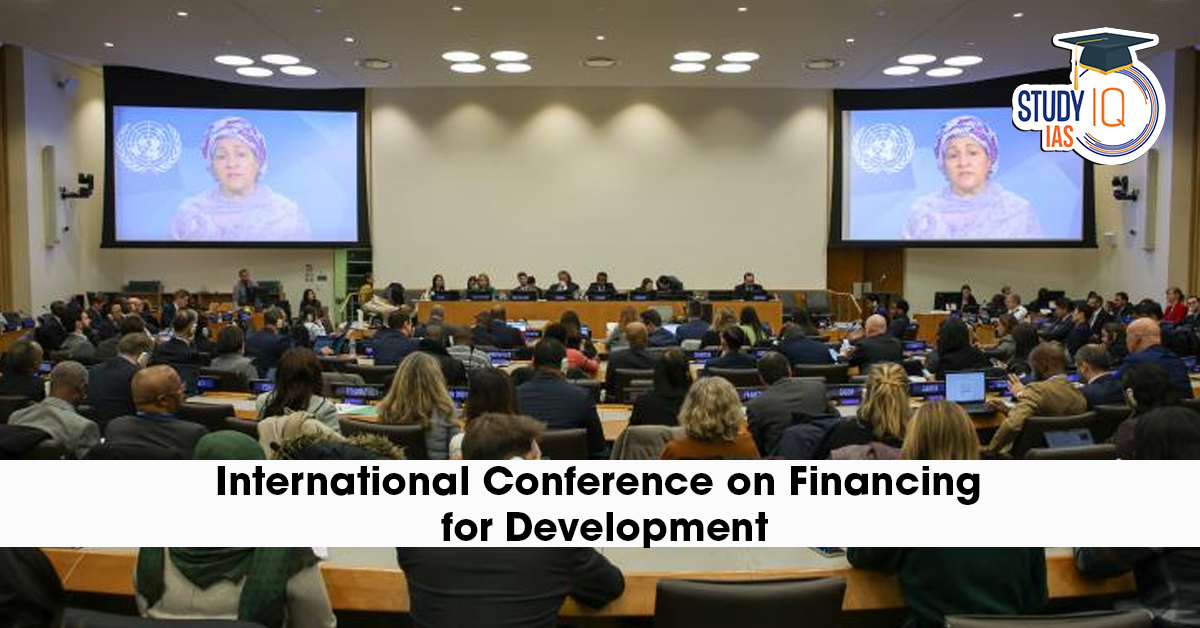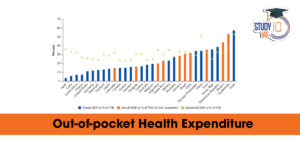Context: UN Member States have reached agreement on the outcome document for the Fourth International Conference on Financing for Development (FfD4), to be formally adopted at an upcoming summit in Sevilla, Spain.
More in News
- Serves as a foundation for a renewed global framework to finance sustainable development goals (SDGs).
- The United States opted out of the FFD4 process entirely.
Key Dimensions of International Conference on Financing for Development (FfD4)
- Global Financing Framework: Reaffirms commitments made under earlier FFD conferences to mobilise financing for sustainable development.
- International Financial Architecture Reform: Urges for inclusive governance reforms:
- IMF quota realignment
- World Bank shareholding review
- Debt Sustainability: UN to lead a coalition (with the IMF and the World Bank) to propose voluntary principles for responsible sovereign debt management.
- Tax Reform: Acknowledges implementation of Pillar II under the OECD/G20 Inclusive Framework on Base Erosion and Profit Shifting (BEPS).
- Emphasizes:
- Minimum global corporate tax for multinationals in all jurisdictions.
- Country-specific technical support to implement:
- Global Anti-Base Erosion (GloBE) Model Rules
- Subject to Tax Rule (STTR)
- Emphasizes:
- Closing the SDG Financing Gap: Targets narrowing the $4 trillion annual shortfall in SDG financing in developing countries.
| About the FFD Process |
A UN-led initiative that builds on the outcomes of three earlier conferences:
|


 SEBI’s SWAGAT-FI Framework for Low-Ris...
SEBI’s SWAGAT-FI Framework for Low-Ris...
 Out-of-Pocket Health Expenditure, Reason...
Out-of-Pocket Health Expenditure, Reason...
 Treasury Bills (T-bills): RBI Cuts Holdi...
Treasury Bills (T-bills): RBI Cuts Holdi...




















